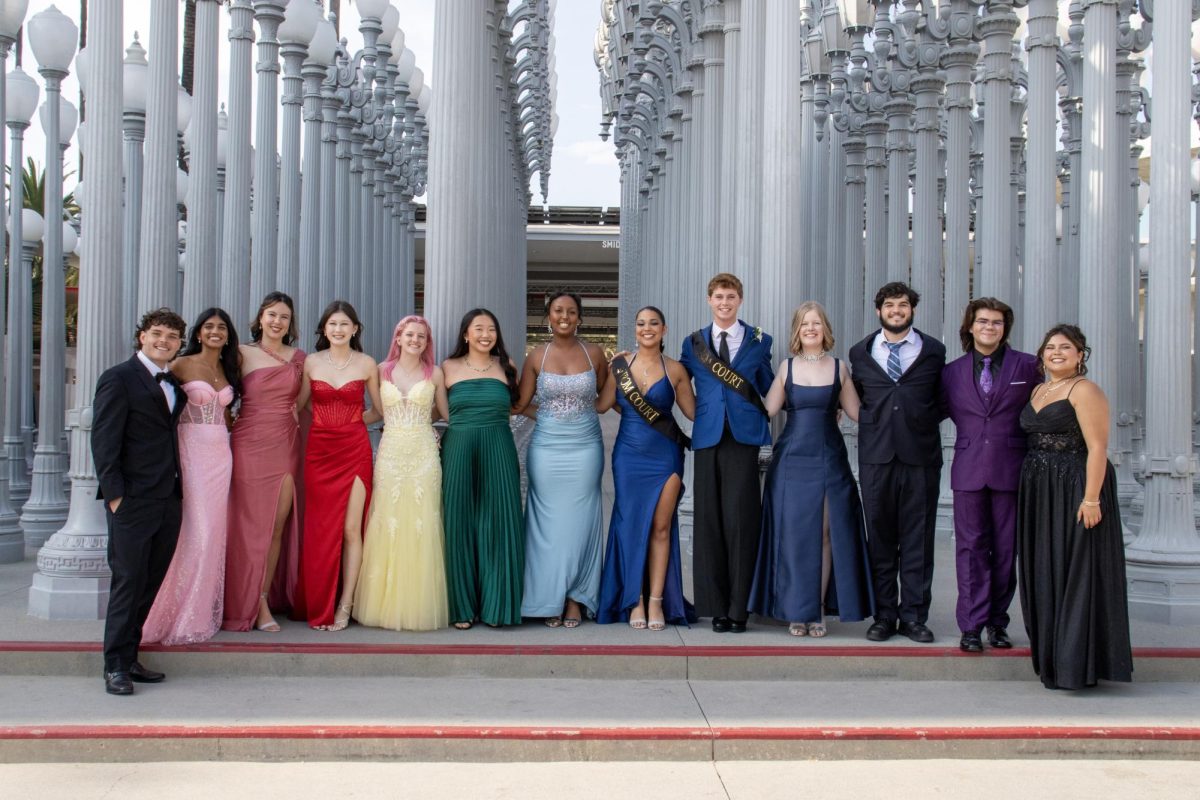The Growing List of Racial Prejudices
October 25, 2018
One after another, again and again, now and tomorrow, we observe the products of racism. For some of us, the continuing series is drowned out amidst the noise of louder voices. For others, the next edition could be about them.
America is no stranger to racism, and recent headlines have highlighted common prejudices and assumptions that are made based on race alone. A growing list of cases in which black people are unfairly treated subsist as just the tip of the iceberg of prevalent discrimination.
Though only one of many, a recent instance sheds light on the striking normality of assumption based on race. In a luxury apartment building in downtown St. Louis on a late Friday night, October 12, a black man was prevented from entering his apartment by a white woman who pursued and physically blocked him from entering.
D’Arreion Toles, who was returning home from work, recorded the encounter and posted it on Facebook, with the video amassing more than 8 million views. The woman, identified as Hilary Mueller, is seen following Toles from the building entrance and lobby into an elevator and to the end of the hall where she watches as he unlocks and enters his unit.
Thirty minutes following the incident, police arrived. Though no report was written, a 911 call was made by Mueller, even after seeing Toles open and enter his unit.
Toles captioned his videos with, “To be a black man in America,” and “This is America in 2018.” Later in an interview, he said, “I am just glad I had my camera out. If I did not have my camera out, I feel it could have gone a totally different way.”
Toles believes that the woman judged him based on race. If he had fought back against the unfair categorization forced upon him, the encounter could have portrayed him as the antagonist. Furthermore, the actions taken by Mueller to call 911 are unnecessary and unjustified.
Continuing the series of discrimination against black people are other cases which mirror the nature of Toles’. Just five days earlier in a Walmart parking lot in Marietta, Georgia on a Sunday afternoon, Corey Lewis faced a similar scene.
Lewis runs a youth mentoring program in which he takes care of children for five days a week. In a routine outing, Lewis took Nicholas and Addison Parker, white children aged 6 and 10 years, to an indoor play area, Walmart, and Subway.
A woman drove by as they were lingering near his car and asked if the children were alright. She followed him to a nearby gas station, and Lewis drove the children to his house, where he knew people would be outside. A police car arrived and Lewis explained that he was being followed and harrassed.
The officer decided that the children were fine, but for Lewis, who is well known in his community for working with children, the confrontation prompted him to speak out, saying on Facebook, “I’m being harassed because I’m with [two] kids that do not look like me.”
In the same month, on October 1, Myasia Nelson and her family were ordering pizza at a Domino’s Pizza store in Burlington, North Carolina. However, when the order was posted, a racial slur was displayed in place of the black woman’s name. The white employee who inputted her name was laughing, even as the manager spoke to her.
These cases are just a few in an ongoing series of racial prejudice and discrimination. On October 10, a young black boy was falsely accused of groping a white woman who called the police. A video posted on Twitter on July 6 shows that a black man was asked to leave the pool of his own apartment. On July 31, police were called on a black student at Smith College. On Facebook, she wrote, “I did nothing wrong, I wasn’t making any noise or bothering anyone. All I did was be black.”
Recent headlines have uncovered a mere hint of the prevalent racism and prejudice in every aspect of society. Innocent black people with normal lives are suspected and presumed to be dangerous or untrustworthy. It seems, after all, as if the Land of the Free projects a single image onto a group of people, criminalizing based on the color of one’s skin.
Tommy Tran (9), commented, “I think a lot of people’s first reaction to someone is based on their race.”
That isn’t to say that America is hopelessly tied to racial prejudice forever. Overcoming years of institutionalized racism and oppression toward a certain group of people isn’t an easy feat, but as a country, awareness, humility, and open ears will move us forward in the fight for true equality.
It is hard, as an individual, to imagine contributing in the movement to end racism. What can a singular entity achieve against what seems so commonplace and rampant? It is hard to make a substantial difference, but differences begin in the willingness to listen, the softening of hearts, and the readiness to take action. Stop making assumptions; start making connections. Stop opening your mouth; start opening your ears. Understanding starts with listening, and action starts with understanding. And action? The success of action isn’t dependent on the eradication of racism, but rather the progress toward that goal. Allow others to listen; spread awareness, promote understanding.
The American people are not inherently racist or prejudiced. We are more than a country of bigots. As a people, united, the tide of the war against racism can be turned. I don’t know if America can one day live in harmony and a lack of racism. I don’t know what the future holds, but I do know that the issue of racism is not a necessary tribulation but a suffering and an injustice. And more than ever, in this lifetime, we must remember to step back and look at the country before us; the Land of Opportunity, the home of D’Arreion Toles and Corey Lewis and Myasia Nelson and countless others beyond others.
Stop being passive. Listen. Enter in. That is how we will overcome.




